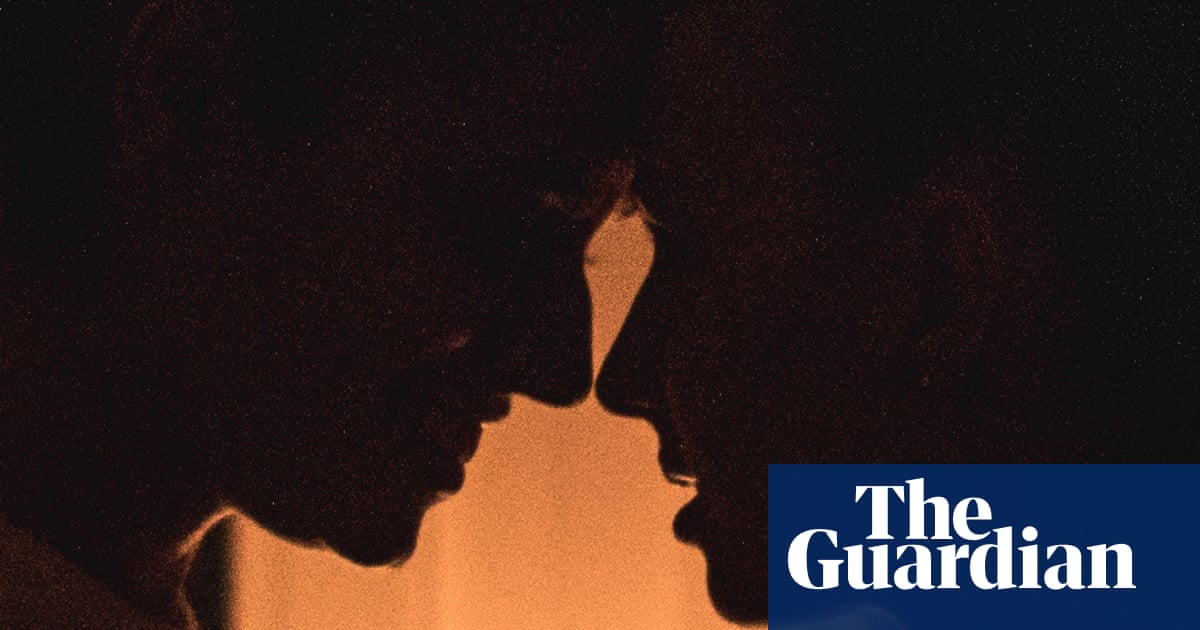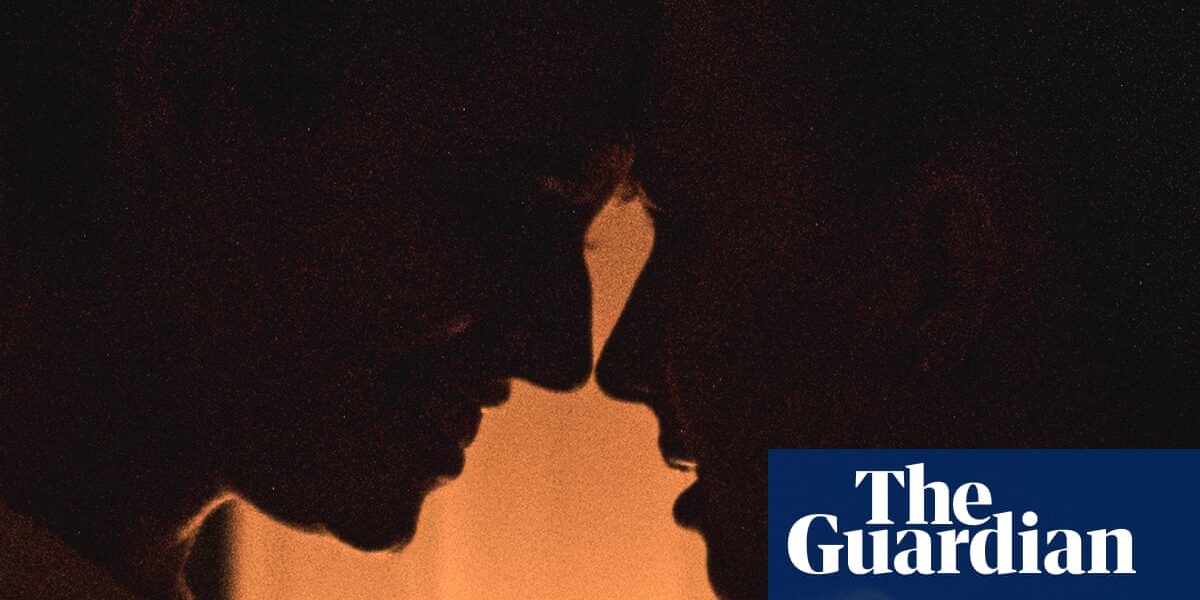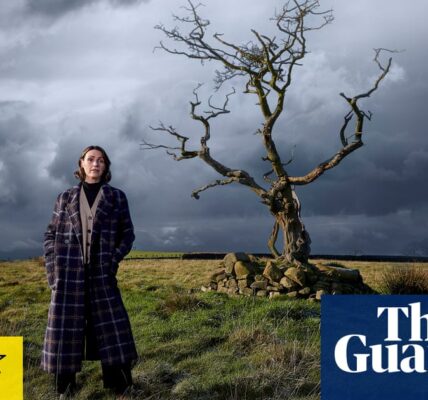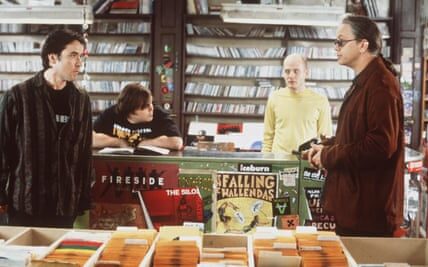
Strip Light
No more loving in the dark,
that inky aquarium
where we could be anything.
Though we unplug the lamps.
Though we blindfold each other
with scented masks.
Still, our eyelids glow like neon lips.
Still, our breath particles
fall up around us like digital rain;
sighs become strobes,
fog lights then searchlights
scanning for cons
on the lam from themselves
as we squint hard against the back walls
of our brains, star-fished and wanting
to stay lost but dirty
socks flame on the floor now
like night vision snakes and each liver spot
tea stain on bedside mugs
makes itself visible, re-dressing the room
in separate details
like a nightclub at closing
or a glass booth in which
a new school receptionist
calls me ‘the mother’
then turns to you, asking
brightly
‘And you are?’
The title of Caroline Bird’s latest collection, Ambush at Still Lake, kidnaps a once-popular movie genre that advertised its basic plotline in titles like Ambush at Tomahawk Gap. Bird heightens the dramatic and symbolic potential of hers by an imperturbable-sounding location, Still Lake. Although the title poem features an angrily satirised police chase, drugs-bust and arrest (“so many / Bobs and Bills and Bruces who couldn’t / wait to say, ‘I was there. In the bushes’”) its final metaphorical tilt is nightmarish: “We carry on / dying forever, always almost home.” In Strip Light, the attainment of home and the romantic ending it should signify are under threat.
The punned-on “strip” indicates a light that cruelly exposes the speaker and their partner, destabilising an erotic unity that would ideally be a kind of “still lake” – an “inky aquarium”, a space for “loving in the dark”. The poem is very much about heightened self-scrutiny, suggesting a relationship that feels the jab of social rules existing both outside and inside its own non-binary space. Marriage and, especially, parenthood insist that lovers can’t be “in the dark” about their social worlds, nor about each other: they are obliged to rethink their potential “to be anything”.
Despite the desperate precautions (blindfolds, unplugged lamps) the couple’s eyelids, “breath particles” and sighs get variously and ingeniously lit. The breath particles scarily “fall up around us like digital rain”. The sighs undergo an intensifying series of metamorphoses as “strobes, / fog lights then searchlights / scanning for cons / on the lam from themselves”. If the sighs connote sexual pleasure, they’re also fugitives, caught in their own glare of self-analysis or self-deception. Such figurative flights and shapeshifts often occur in Bird’s poems and are effective, however bizarre, not only because they are funny and spot-on contemporary, but because the emotional depth-charge justifies them. Here, the glare that strips the bedroom of its privacies suggests a self-consciousness that’s nearly more than the narrator’s heightened light-sensitivity can bear.
Whatever precious mystery has been sacrificed to the strip-light monster, the dark underwater interior remains in view: “we squint hard against the back walls / of our brains, star-fished and wanting / to stay lost.” For a moment the “inky aquarium” seems almost recoverable. But the socks that “flame on the floor” intrude, becoming predatory snakes which possess night-vision and are themselves lit up. Lines 14 – 17 elide the possibility of being “lost but dirty”, but the comforting adjective “dirty” immediately appends itself less appealingly to the socks.
While the narrator’s imaginative flight goes on unimpeded, the ambush results in the room’s “re-dressing” by domestication. Not only the flaming socks are guilty, but “each liver spot / tea stain on bedside mugs”. The “liver spot” resemblance is particularly disturbing, a premonition of ageing skin and engrained routines.
Now the narrator looks back, and finds other kinds of re-dressing. First, there’s the moment when lights are turned up in a nightclub, signalling the end of the party, and, perhaps, a hard sacrifice to adult/parental responsibilities.
A more extreme kind of loss is remembered when, in front of, or inside, the “glass booth” at a parents’ event attended by the female couple, “a new school receptionist / calls me ‘the mother’ / then turns to you, asking / brightly / ‘and you are?’” This would be toe-curling enough without the adverb, but the fact that the question is asked “brightly” and that “brightly” has a line of its own, plugs the words into the power-source that produced all the intrusive illumination earlier, the strip-search that morphed relentlessly, and which, even if conducted by the blind, no blindfold can erase. A personal-political hybrid, Strip Light is deeply stamped by its closing anecdote as political, even though much of it stars a sci-fi light-monster that’s treacherous, many-limbed, and in a desperate way comic.
Source: theguardian.com



